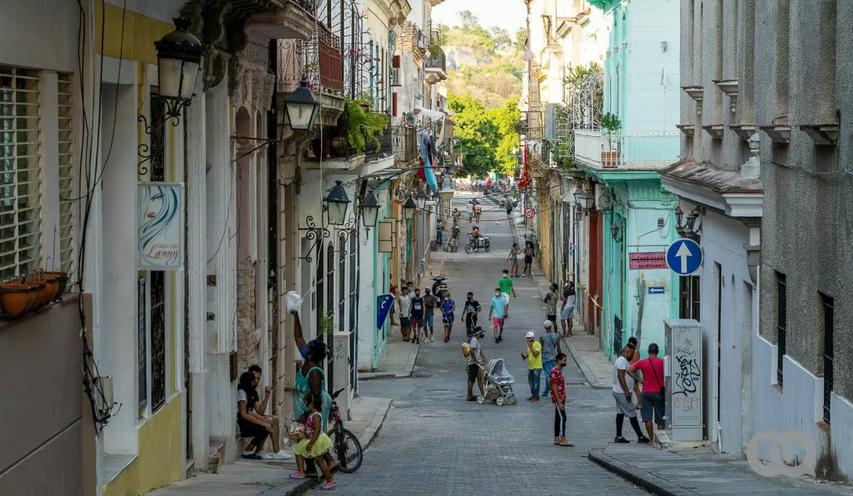“Stop Criminalization”

By Yadiris Luis Fuentes (El Toque)
HAVANA TIMES – At the beginning of 2024, the online database World Prison Brief (WPB) specified that Cuba was the country with the second most incarcerated people, only surpassed by El Salvador.
In Cuban penal centers, at least 90,000 prisoners remain, according to information provided by Prisoners Defenders to WPB in 2020. According to Prisoners Defenders, there are approximately 794 prisoners for every 100,000 inhabitants in Cuba.
Several organizations have denounced the poor conditions in Cuban prisons. The latest update from the Cuban Prisons Documentation Center program on the situation in prisons highlights poor nutrition, proliferation of diseases, lack of medical attention, torture, and human rights violations.
The Cuba Black Liberation collective launched the campaign “Stop Criminalization.” The goal is to create a space for dialogue and learning within Cuban civil society about people deprived of liberty, penal abolitionism, and transformative and restorative justice.
The initiative can be found on the collective’s social networks and aims to encourage reflection on the situation of inmates and explore alternatives to the current Cuban penal system.
In statements to El Toque, the collective explained that one of the key objectives is “to guide and support families, friends, and the community in general regarding the situation of people deprived of liberty, providing information and tools considering the needs of these people.”
The collective seeks to promote learning, provide tools, and recommendations about the situation of incarcerated people, where families and the community play a significant role.
The campaign revolves around several areas. The first is the recovery of the humanistic vision concerning people deprived of liberty. For this, they have created the hashtag #TheyArePeople and aim to call on citizens, families, and children of the prisoners to publicly recognize that “they are people, regardless of the mistakes they have made. They are people on this earth who can contribute —and do contribute— to society, even while deprived of liberty.”
Another area is demystifying stereotypes related to racism and how structural racism stimulates prejudices affecting black people, who make up a large portion of the Cuban prison population.
The campaign addresses phenomena such as fear of black people and racial profiling of people deprived of liberty in Cuba.
According to the collective, fear of black people translates into certain attitudes and prejudices reproduced daily in Cuba because “it is believed that b


